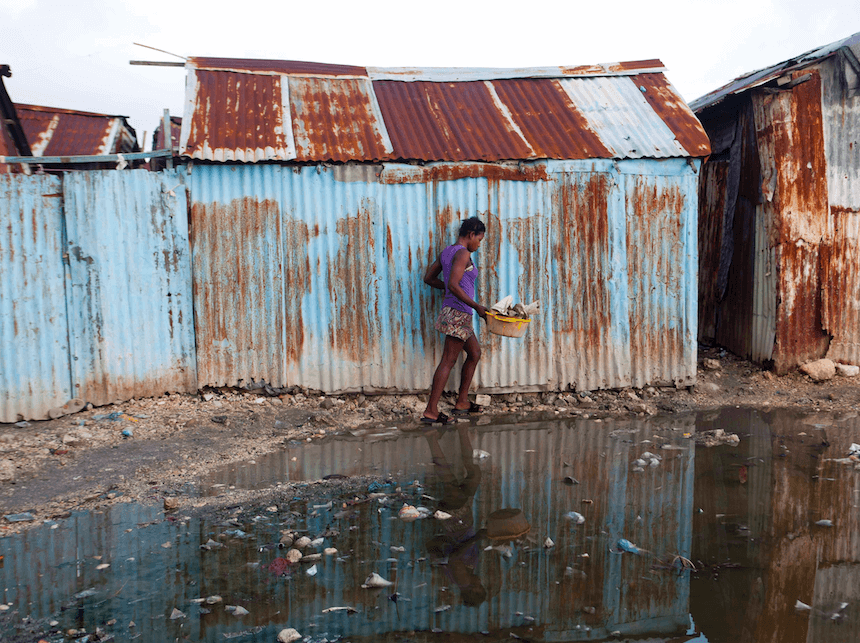by The Cowl Editor on October 5, 2017
Opinion

by Laura Arango ’20
Opinion Staff
The Atlantic has suffered through 13 named storms this season: eight hurricanes and five major hurricanes. Specifically Maria, Irma, and Jose have left a trail of disaster in their wake. Homes have been destroyed and countries have been reduced to functioning without power, running water, and food. Thus far, the areas that have been hit hardest by the hurricanes have been the islands of the Caribbean, and they fear being forgotten by the rest of the world.
Unfortunately, that is exactly what seems to be the case. Small islands in the Eastern Caribbean are struggling to meet basic survival needs in the wake of Hurricane Irma. Yet, no one is talking about them!
Both the French and Dutch sides of the island of Saint Martin were in ruin. More than 90 percent of the buildings on the Dutch side were damaged, basically every structure in Cole Bay was wrecked, and the island’s main power plant in Cay Bay was also destroyed.
The island of Anguilla also experienced severe damage. According to the International Organization for Migration, about 90 percent of its buildings and infrastructure were ruined. The island of Barbuda, which has a population of approximately 1,800 people, was said to have “looked like a landfill” by its prime minister.
In fact, in the aftermath of Irma, 75 percent of the buildings in its main town were damaged and Barbuda’s residents were evacuated to the neighboring island of Antigua.
The United States Virgin Islands face extreme hardship. The islands were left without power, air conditioning, and water, and people were sleeping in cots “pushed up against each other with tons of people in them—mostly people that lost their homes,” said Shelby Alfred, a nurse in Cruz Bay, on the island of St. John.
Kurt Nose, who was born in Ohio and moved to St. Thomas stated, “Gas and diesel are starting to run out…Fresh drinking water is starting to get scarce…How long the food we have here will last and how quickly they can get food in here is a question.” The residents of St. Thomas are taking extreme measures to keep their personal belongings safe in the midst of all the chaos. Some are locking down their homes and maintaining an assault weapon on them at all times.
The status of the U.S. Virgin Islands and other Caribbean islands have developed into a full-blown catastrophe. Members of the communities are clearing the roads, helping the reconstruction process, giving supplies to their neighbors, and using their own boats to save the lives of others. It is commendable and a testament to the perseverance of human nature. However, they need outside resources, outside government help, and an abundance of supplies that their own people are not in the condition to retrieve. Laura Dixon Strickling, a member of the St. Thomas community, stated, “We are U.S. citizens, and the U.S. government needs to come and help. They need to send a visible force to make people feel safe so they don’t do desperate things.” This is only one of the many recorded statements from members of destroyed communities pleading for government assistance.
However, too few people are discussing these small islands. The assistance they have gotten is not nearly enough to help the rebuilding process of the islands. President Trump has made statements regarding the fact that the communities need to help themselves more. However, he fails to realize that there are children out on the street cleaning the roads. The people are working toward their pre-hurricane status. However, in order to recreate the beautiful land they lived in before it was destroyed, they need help. And the Providence College community, as well as the entire world, needs to create awareness of these prominent issues. They should not be forgotten simply because they are not a part of the continental United States. Humans are humans and there is still a third of hurricane season in store for us.